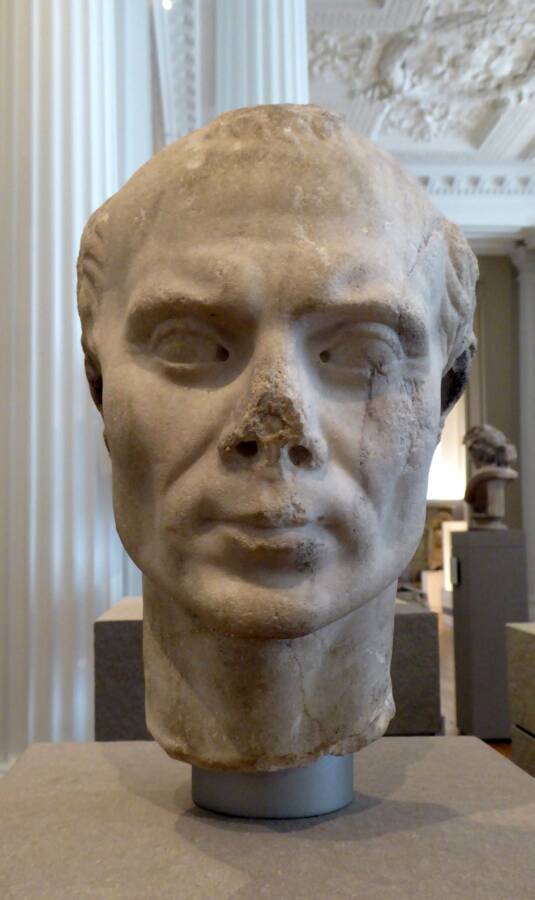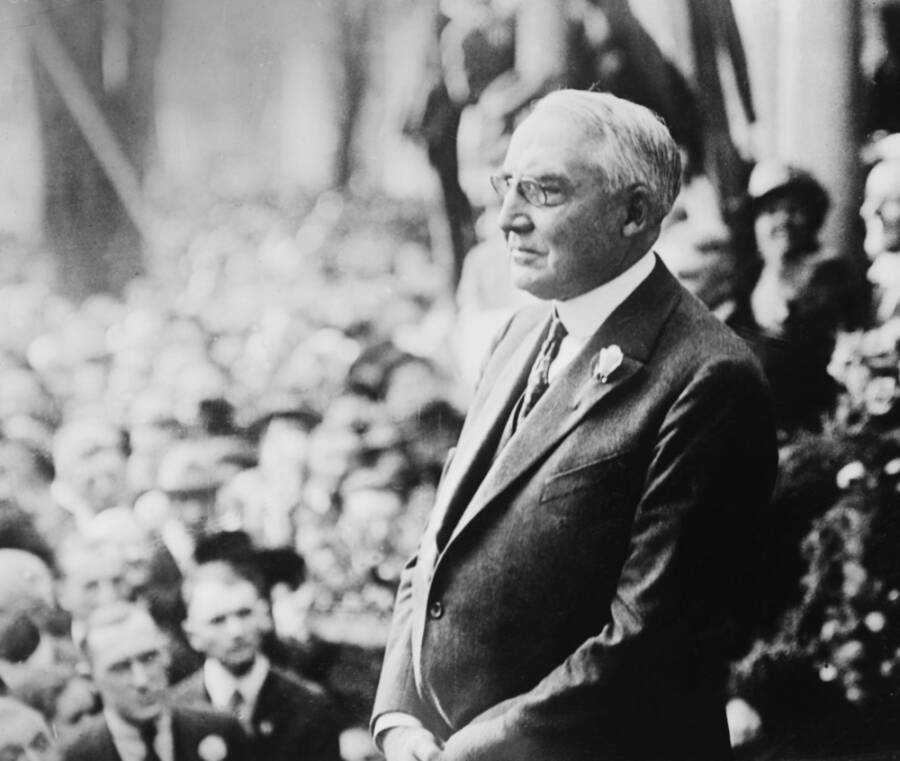
Global Impact and Long-Term Consequences
The fragmentation of the Western Roman Empire was not an end but a transformation that reshaped the world. Its legacy is immense and continues to influence global culture, law, and politics to this day.
In Europe, the collapse of centralized Roman authority gave rise to a collection of Germanic kingdoms (the Franks, Visigoths, Anglo-Saxons). This political fragmentation laid the foundation for the modern nation-states of Europe. The Roman Catholic Church, centered in Rome, emerged as the single most powerful unifying institution in Western Europe, preserving Latin literacy and elements of Roman administration throughout the Middle Ages. Romance languages—including Spanish, French, Italian, Portuguese, and Romanian—evolved directly from the Latin spoken by the common people of the empire.
The Eastern Roman (Byzantine) Empire, however, did not fall. For another 1,000 years, it acted as a vital bridge between East and West. Its capital, Constantinople, was a major terminus of the Silk Road and a center of trade and diplomacy. Byzantine scholars preserved classical Greek and Roman knowledge, much of which was later transmitted to the Islamic world and back to Western Europe during the Renaissance. The Byzantine Empire also played a crucial role in the development of Orthodox Christianity, shaping the cultural and religious identity of Eastern Europe and Russia.
The rise of Islam in the 7th century occurred in a world profoundly shaped by Rome. The early Islamic caliphates conquered former Roman territories in the Levant and North Africa, absorbing and building upon Roman and Byzantine administrative techniques, architecture, and scientific knowledge. Scholars during the Islamic Golden Age translated and expanded upon the works of Greek and Roman thinkers, preserving this intellectual heritage when it was largely lost in Western Europe.
Globally, Rome’s legacy is embedded in legal systems around the world. The principles of Roman law, such as the idea of a written legal code and concepts like “innocent until proven guilty,” influenced the civil law systems used by most countries in Europe, Latin America, and parts of Asia and Africa. The Roman model of a multi-ethnic, centralized empire also provided a blueprint—and a cautionary tale—for countless empires that followed.





